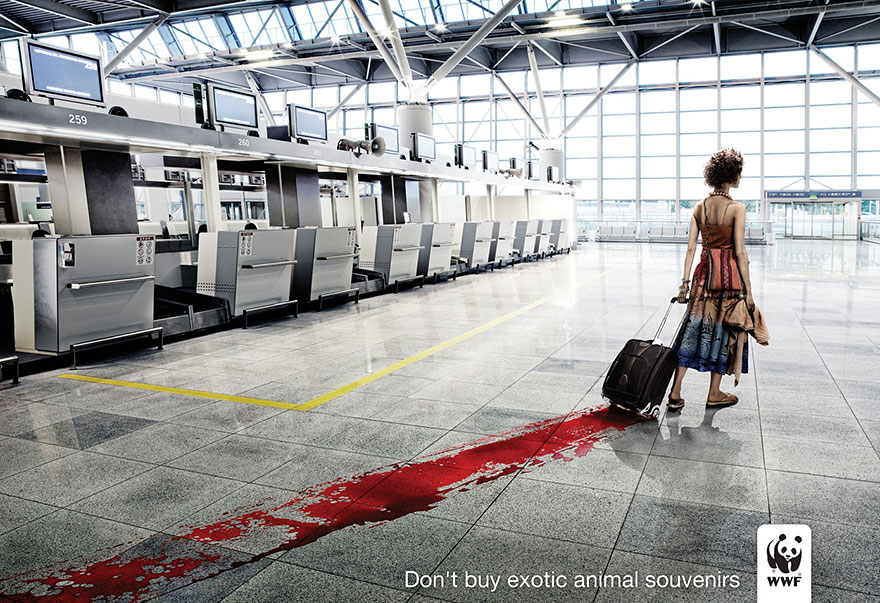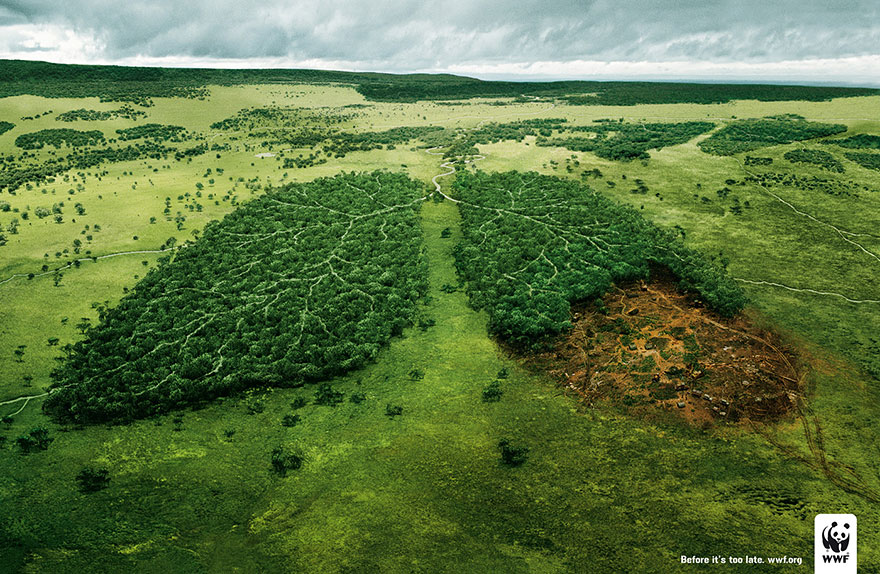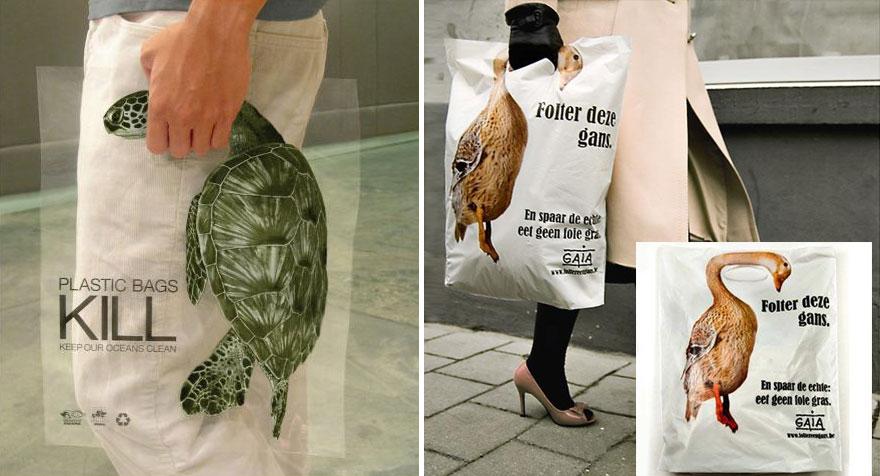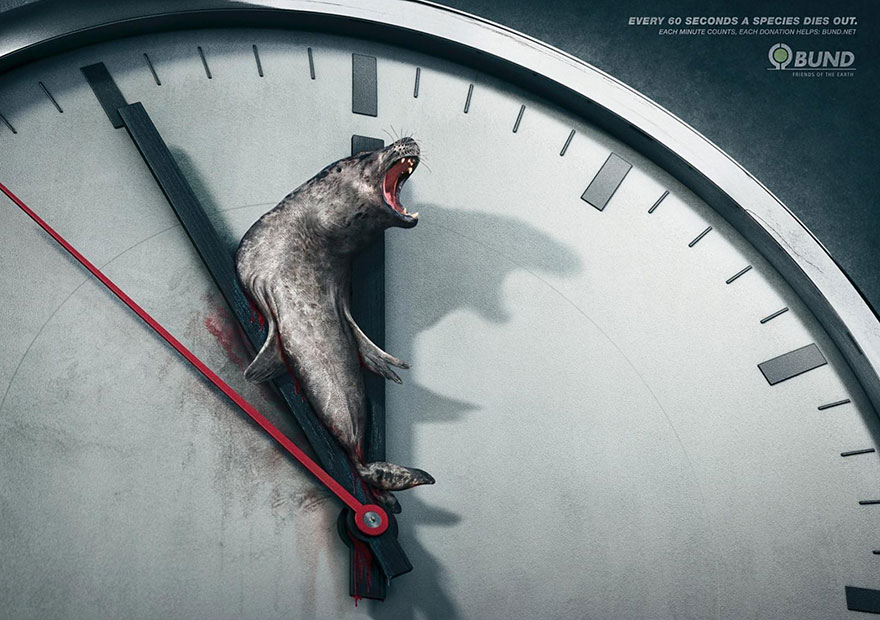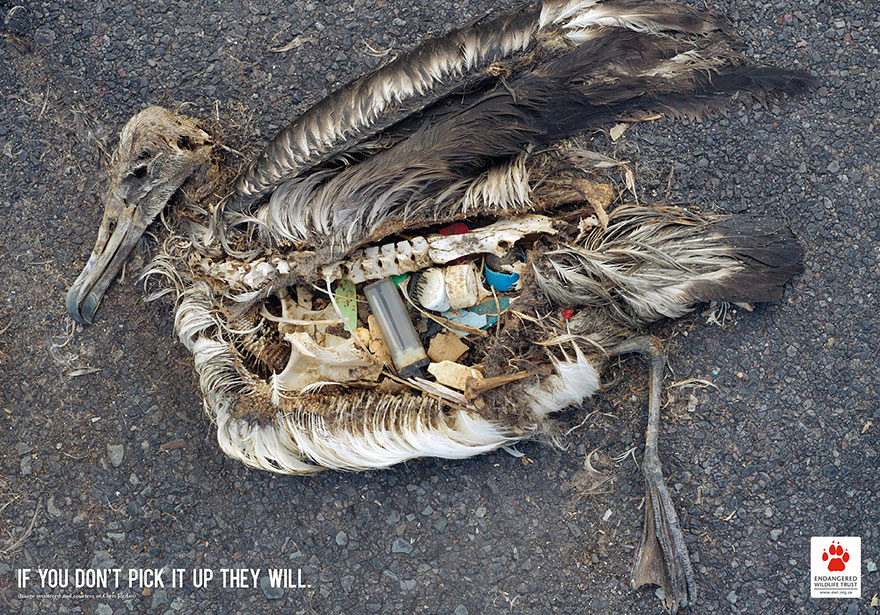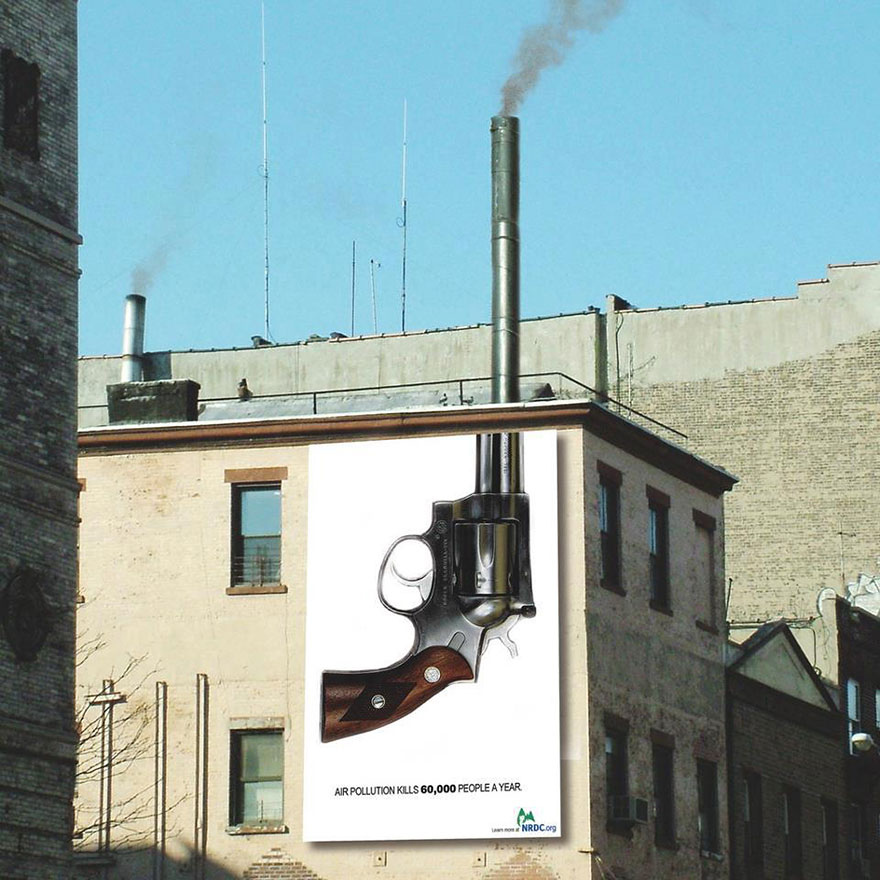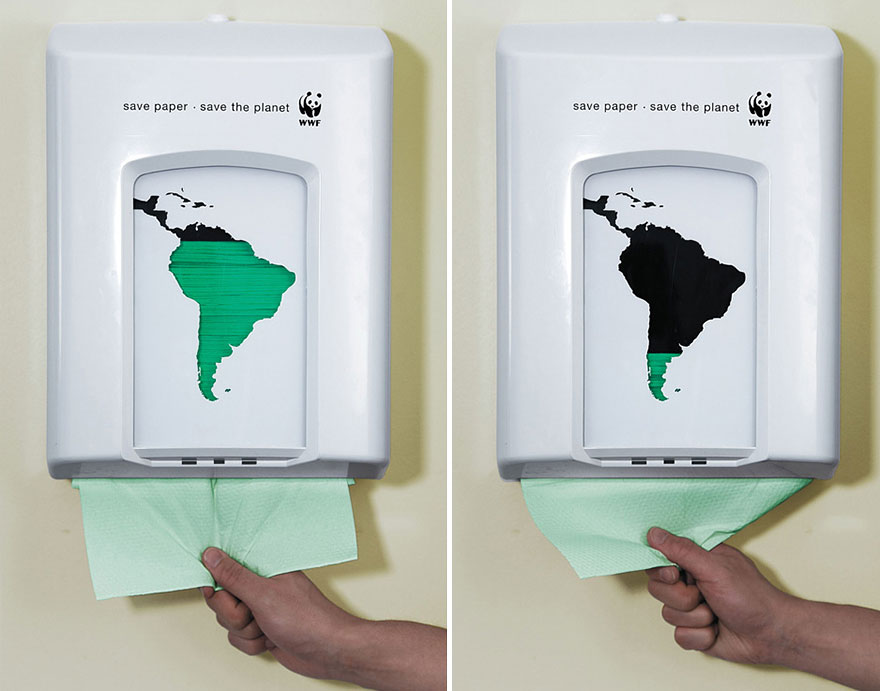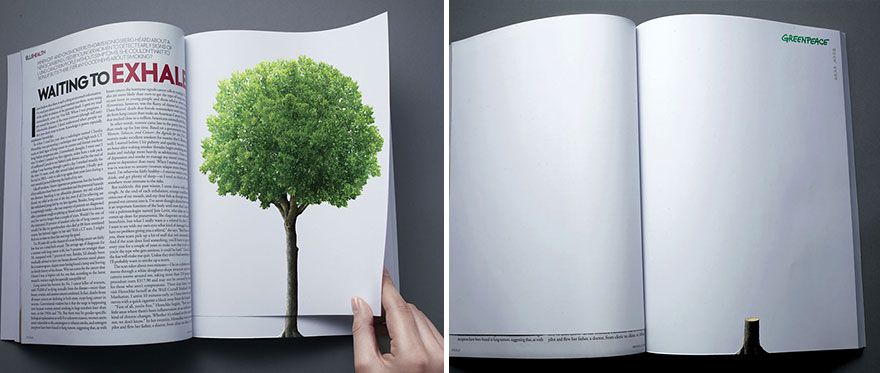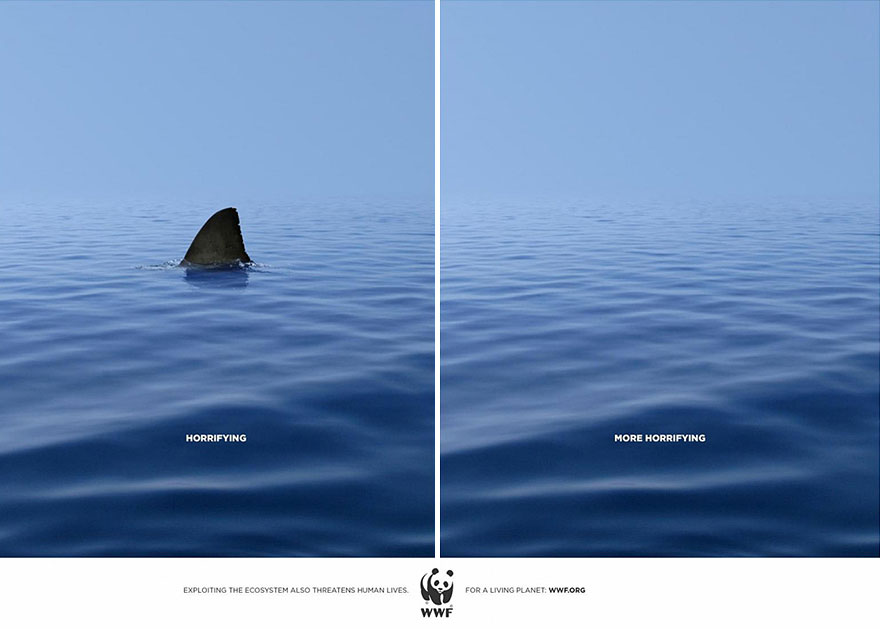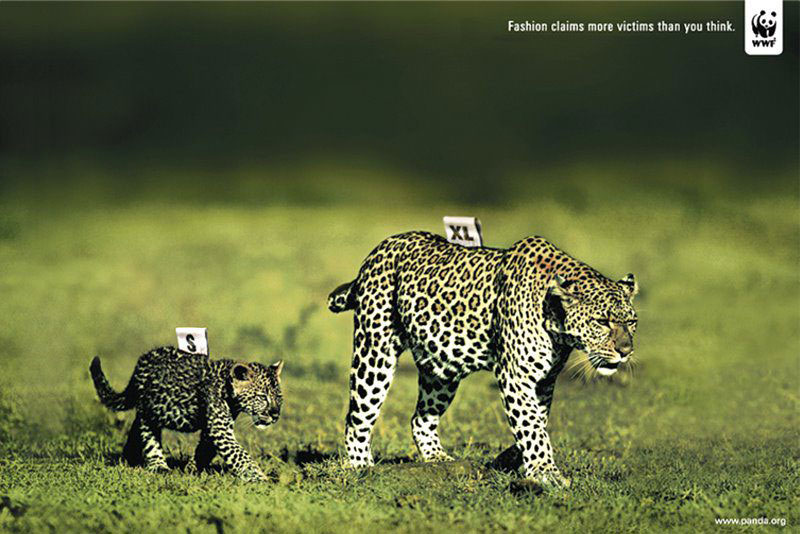Details of a tortured Brussels deal are not crucial when the fate of both Europe and the UK is at stake
By TIMOTHY GARTON ASH
The Guardian, Saturday 20th, February 2016
A new battle of Britain has begun. On its outcome will depend the fate of two unions: the United Kingdom and the European Union. If the English vote to leave the EU, the Scots will vote to leave the UK. There will then be no Britain. Meanwhile, the shock of Brexit to a continent already staggering under many crises could spell the beginning of the end of the European Union.
So if you care about Britain or Europe, and even more if you care about Britain and Europe, please join this good fight. The final negotiation in Brussels was bruising, and certainly not the kick-off anyone would want, but there is still everything to play for. Continental Europeans often assume that England is, in its heart of oak, incorrigibly hostile to Europe. This is not true. For decades now, the best pollsters have found that on the EU there is a large undecided middle which can go either way. That was the case in the run-up to the 1975 referendum, which saw a large swing from out to in, and it’s true today: 42% of those who tell ComRes they will vote in or out also say they could still change their minds.
I know, from many hostile online comments, that the Guardian has some fiercely Eurosceptic followers, but I’m now mainly addressing the majority of our readers, whether British or not, who want Britain to stay in the EU. It’s a peculiarity of this referendum that Commonwealth citizens may vote in it, whereas French, Italians and Germans who have lived here for many years, and are much more directly affected, may not. But whether or not you have a vote, you still have a voice. Raise it, please, in the pub, in the office or in the friend’s living room.
Here are just a few of the arguments you could make. First of all, the details of the deal are not the crucial issue. Months ago, when David Cameron revealed his renegotiation agenda, it was already clear that this was not going to be a fundamental redefinition of Britain’s relationship with the EU. Nor would we suddenly find ourselves in “a reformed Europe”. On this, Eurosceptics are right: Cameron’s demands were less than he pumped them up to be, and inevitably, given that 27 other European countries had to be satisfied, what he achieved is even more modest. But it would be madness to let a decision about the economic and political future of Britain for decades ahead hinge on the detail of an “emergency brake” on in-work benefits for migrants.
The negotiation of Brexit would be long and bloody. Nigel Lawson blithely suggests that it would be easy: we just repeal the 1972 European Communities Act and with one bound John Bull is free. Our continental partners would give us generous access to the single market through a free trade agreement “that they need far more than we do”. In your dreams. Read the careful analysis by the longtime legal chief of the EU, Jean-Claude Piris, to see what a nightmare of legal unravelling it would be. Talk to continental politicians. What we just saw in Brussels was the most that they are prepared to do to keep us in. They would do us no favours if we were leaving.
Many of our European partners privately envy us the position of being outside the Schengen area and the ill-designed eurozone, but in all the parts that we want to be in. The Brussels deal shows that our European partners have accepted that for the foreseeable future Britain wishes to stop at roughly its current stage of integration. If there is a “best of both worlds”, it is this – and not Brexit.
It is cold outside. The more you look at Norway or Switzerland, the less attractive their position appears, and a clear majority of business and union leaders don’t want to take this gamble. The EU has used the attraction of its single market of 500 million consumers to secure favourable free-trade deals with much of the world. It defies logic to think that Britain would get better deals on its own. Michael B Froman, the United States trade representative, said last year that no free trade agreement would exist with Britain if it left the EU, and the US would have no interest in negotiating one.
Being in the EU helps keep us safe from terrorism and international crime. Don’t listen to me, listen to the Conservative home secretary, Theresa May. This is why she has kept Britain in the most important European networks for police and judicial cooperation, and will argue for Britain to stay in the EU.
It’s also vital to national security. Our highest-ranking soldier, Field Marshal Lord Bramall – no starry-eyed Europhile – warns that if we left, “a broken and demoralised Europe just across the Channel” would imperil our security. If we stay, we can be one of the leaders of a European foreign policy that addresses the root causes of problems such as Middle East refugee flows. Vladimir Putin and Marine Le Pen want us to leave. Barack Obama, Angela Merkel and all our traditional friends, in Europe, North America and the Commonwealth, want us to stay. Need I say more?
Brexit would be disastrous for Ireland. The former Irish prime minister John Bruton says it would “undo much of the work of the peace process and create huge questions over borders and labour market access”. There are more than 380,000 Irish citizens living in Britain, who do have a vote in this referendum, and millions of Brits (including me) with Irish ancestry. If you care about Ireland, vote to remain.
The EU can be changed. While the reforms Cameron has secured are modest, there’s a swelling chorus of voices in countries like Germany saying not just “We must do this, reluctantly, to keep Britain in”, but “We really do need to reform the EU”. If Britain remains, the reform lobby is strong; if it leaves, much weaker.
Most of these arguments are from prudence, not visionary optimism – and none the worse for that. Eurosceptics will decry them as “scaremongering”. Well, I suppose you might call it scaremongering if someone asks you not to jump off the deck of an ocean liner, without a lifebelt, in a force nine storm. Actually, it’s common sense.
This is the link to the Spanish translation

